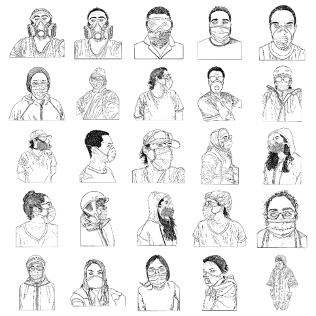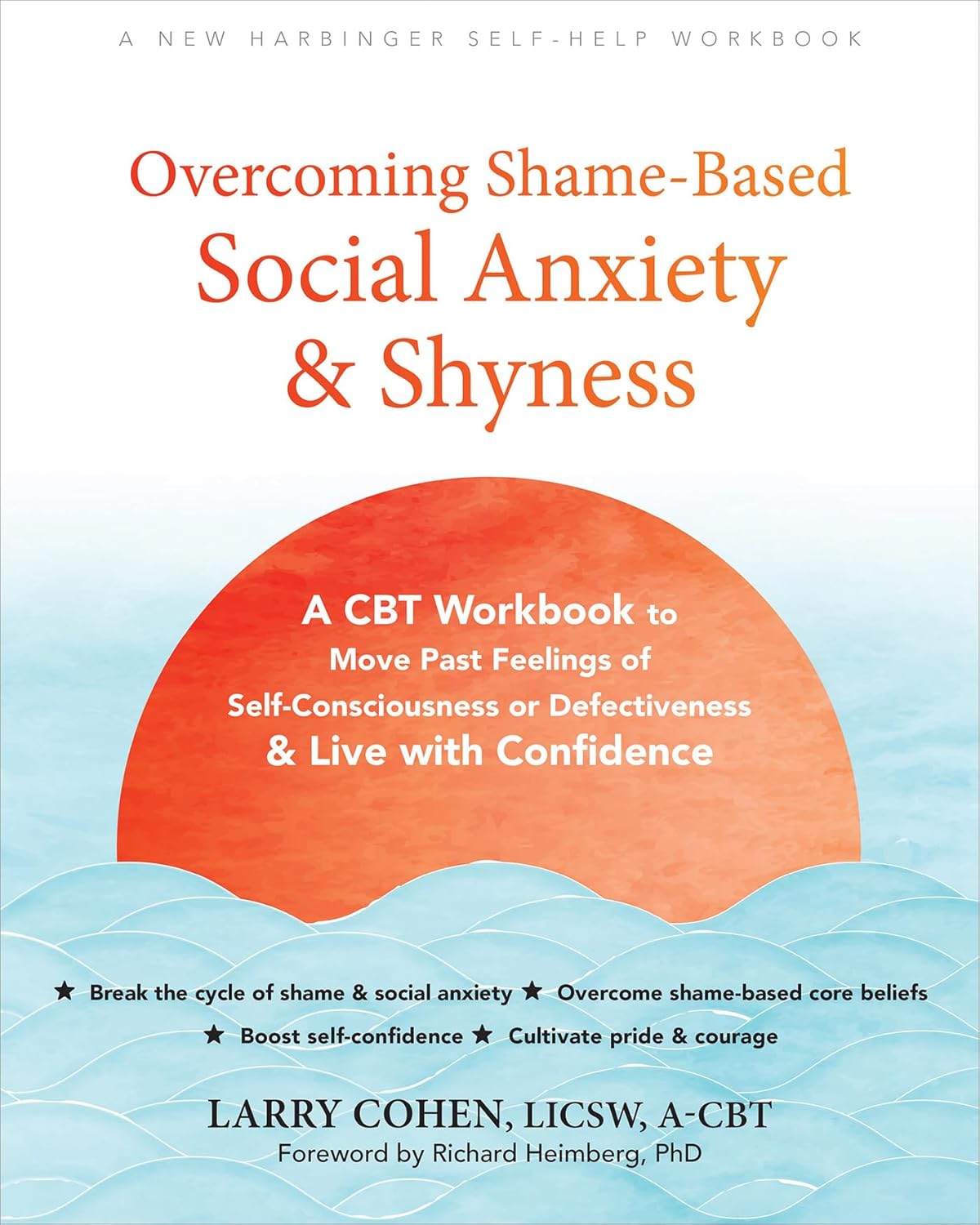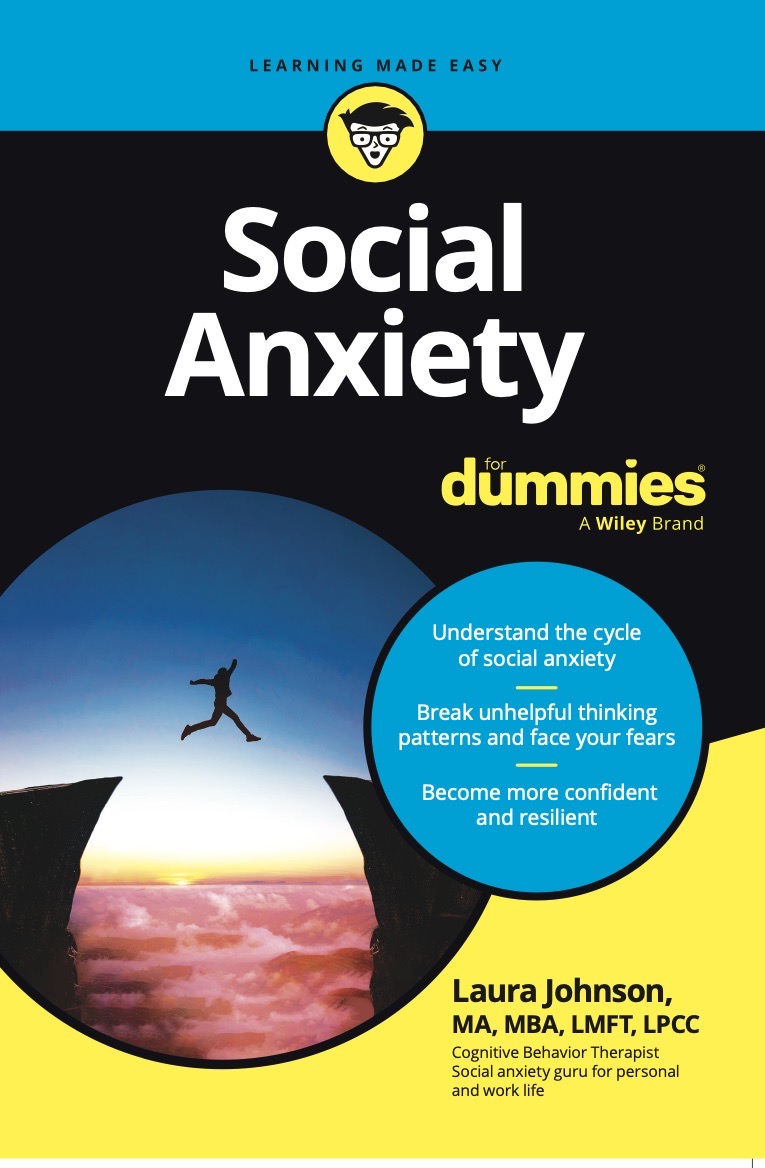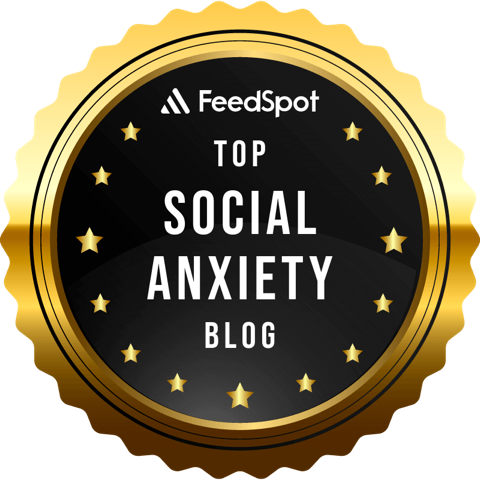What is Post-event Rumination and How Does It Relate to Social Anxiety?
“Why did I say that?” “I was the most awkward person at the party.” “I was so quiet that no one even noticed that I was there.” Have thoughts like this plagued you following a social event? When a person is stuck thinking over and over about an event that occurred, they are experiencing post-event rumination. Post event rumination is a common experience for those overcoming social anxiety.
Brooding is a subtype of rumination which is “a passive comparison of one’s current situation with some unachieved standard.” (Treynor, Gonzalez, and Nolen-Hoeksema, 2003). Researchers are interested in understanding the role that brooding plays in social anxiety disorder. Studies have shown that post-event rumination increases anxiety and negative emotions over time (Brozovich & Heimberg, 2011). Additionally, rumination maintains negative beliefs in persons with social anxiety (Vassilopoulos & Watkins, 2009). Brooding is not only an unpleasant experience but also perpetuates and increases social anxiety.

As the diagram shows, people with social anxiety tend to evaluate their performance following a social event. The brooding cycle begins when self-evaluation focuses on unrealistic expectations of one’s performance and an unbalanced focus on negative information about oneself. Worries about others’ opinion about the social event also keeps the cycle moving. Brooding, as you would imagine, increases anxiety about the situation. As time passes, the ability to objectively evaluate the past events becomes more difficult. The next time a person is in a similar social situation, they quickly remember the past event that went horribly wrong. Anticipating the same result, they enter the situation with a higher level of anxiety. And so the cycle is maintained.
Dr. Faith Brozovich studied this issue. She found that reducing brooding had a big impact on changing social anxiety symptoms. Brozovich and her colleagues determined that using Cognitive Behavioral Therapy techniques reduced rumination and also reduced social anxiety symptoms. Techniques called cognitive restructuring, exposure, and mindfulness are most helpful in reducing brooding and social anxiety.
What can be done about rumination to help with my social anxiety?
“Try an experiment. For the next 30 seconds, stop reading after this sentence and think about anything you want, EXCEPT, pink and white polka-dotted elephants. GO!” “How did it go?” Thought suppression is hard, if not impossible, to do reliably for long periods of time. As many can attest, simply stopping post-event rumination is far from easy to do. Attempts to suppress brooding may cause the thoughts to come back with a vengeance.
Inspired by cognitive restructuring, try the following exercises:
- Identify what element contributes most to the rumination. Ask yourself, “what was it that I said or did that I’m worried about?” Or, “what was it that I DIDN’T say or do that I’m stuck on?”
- Consider others’ opinion of your actions. Ask yourself, “what am I worried that others will think of me?”
- Test your beliefs. Ask yourself, “What’s the evidence these worries are true?” “What’s the evidence these worries are untrue?”
- Examine your expectations. Ask yourself, “Are my expectations of my performance unrealistic?” “Are my expectations of others, in the same situation, on par with my expectations?” “What are more realistic expectations?”
- Consider the worst case possibilities. Ask yourself, “If the worst case scenario happened, how would I deal with it?”
- Take action steps. Ask yourself, “What can I do to cope with others’ thinking negatively of me?” “How will I cope with the worst thing happening?” “Do I need to learn skills to effectively handle similar situations in the future?” Plan concrete action items you can move on. Set a date and time to accomplish these steps.
- Use mindfulness skills. Mindfulness is the practice of bringing one’s attention to what’s occurring in the present moment without judgment. Imagine the post-event rumination as background noise (like an annoying buzz or static sound) while you’re engaging in an important task. Your goal is to keep as much attention on the task while letting the background noise fade out of your awareness.
Breaking habits and developing new skills requires persistence and patience. Enlist the support of friends or loved ones to help follow through with your action steps. Be gentle with yourself. Remember the famous saying, “it’s progress, not perfection.” Keeping with these skills will help reduce brooding and post-event rumination. Breaking the brooding cycle decreases social anxiety symptoms.
John R. Montopoli, LMFT, LPCC
Cofounder National Social Anxiety Center; Director NSAC San Francisco
Share this blog post.











